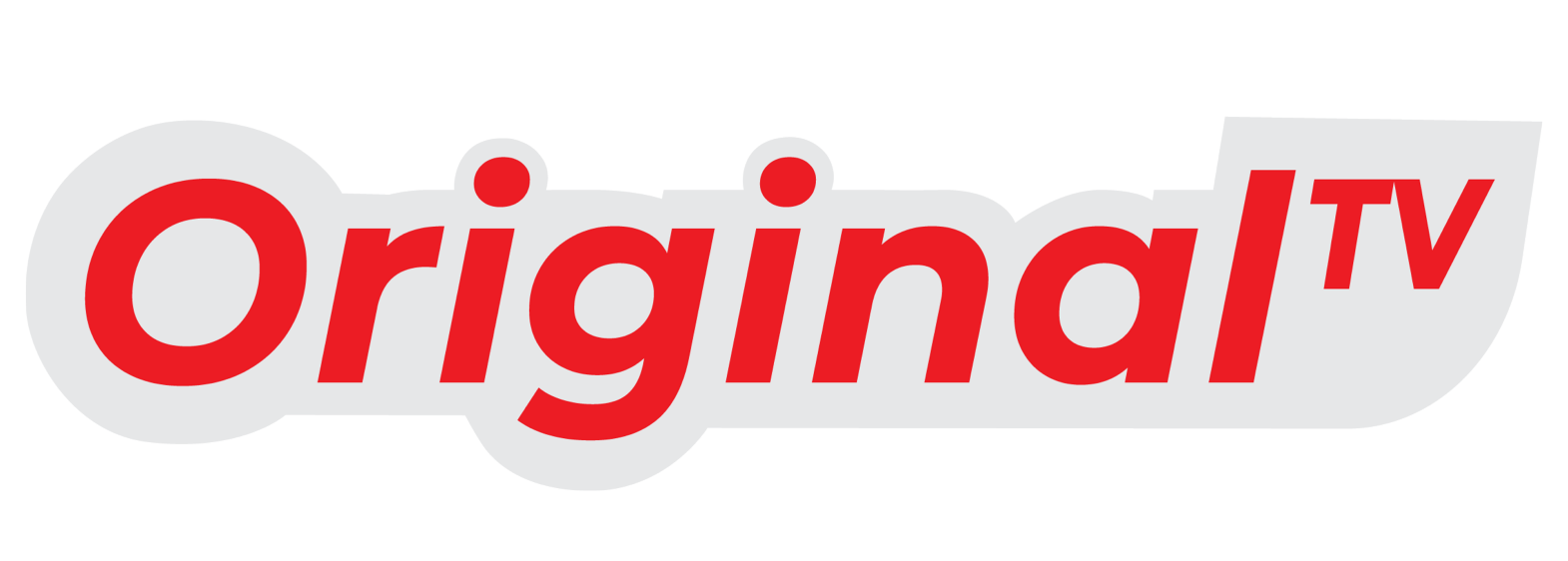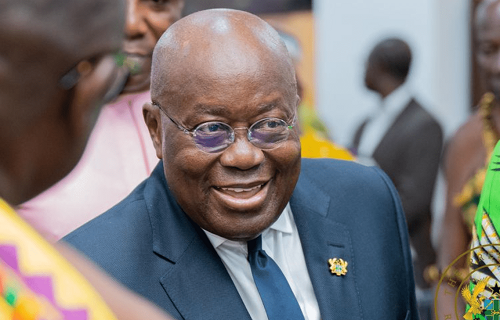Concerning the dissemination of false information in the political sphere, particularly with the December 2024 elections drawing near, President Nana Akufo-Addo has voiced his concerns.
The President emphasized the risks of misleading information in the democratic process during his speech at the Ghana Report Summit, which has as its theme “Dealing with Misinformation and Disinformation – Election 2024.”
The New Patriotic Party (NPP) is accused in the Agyapadie dossier of hatching a massive plot to seize state property.
President Akufo-Addo claims that opposition agents have been disseminating the fake document as proof of the NPP’s purported objectives.
“This baseless accusation is yet another example of the malicious tactics used to undermine my credibility and integrity,” the President stated.
“In the run-up to the 2008, 2012 and 2016 presidential elections, I was a target of numerous false and malicious stories attacking my credibility and integrity. In 2008, baseless allegations of drug trafficking were spread, along with numerous rumours about my health intended to cast doubt on my ability to serve as President.
“Again, the 2012 election saw false reports of my alleged arrest in London for drug possession and fabricated quotes designed to stir ethnic tension. In 2016, it was alleged by sympathizers of the opposition that I had killed my late wife. Today, with a few months to the 2024 elections, they are at it again. The fabricated document entitled ‘Agyapadie’ is being spread around by operatives of the opposition as evidence of a grand scheme by my party to annex the assets of the state,” he recounted.
President Akufo-Addo emphasized that a multifaceted strategy is needed to combat misinformation and deception. It is imperative to reinforce regulatory frameworks in order to hold individuals and organizations responsible for disseminating misleading information.
To create systems for tracking and halting the dissemination of misleading material on digital platforms, partnerships with tech firms are crucial.
Moreover, public awareness initiatives are essential. Voters can be empowered to make knowledgeable decisions by increasing media literacy and educating the public about the risks associated with false and misleading information. Facilitating the work of fact-checking organizations to confirm facts and refute misinformation is another crucial tactic.






